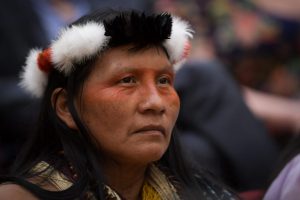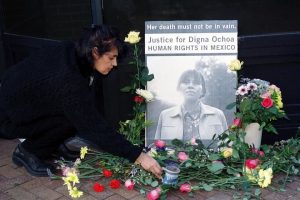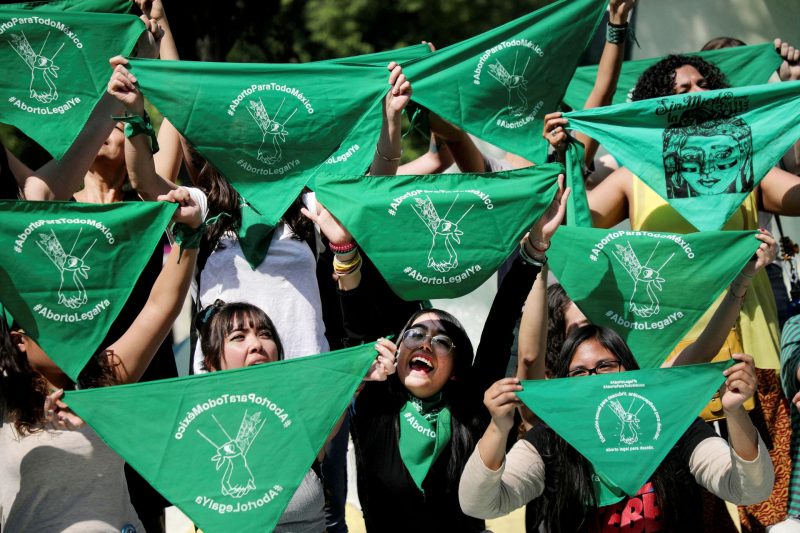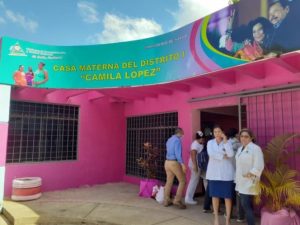By: Alexa Connaughton
Impunity Watch News Staff Writer
SAN JOSE, Costa Rica – Before the Inter American Court of Human Rights is Tagaeri & Taromenane Indigenous People v. the Ecuadorian State, a case on the responsibility of the Ecuadorian state in three massacres, 2003, 2006, and 2013 of uncontacted indigenous peoples. This case is the first time the Court has tried a case involving uncontacted indigenous peoples.

Uncontacted indigenous peoples live in voluntary isolation, without contact with most of the population. The plaintiffs allege the state failed to protect the uncontacted indigenous peoples and encouraged industry in their allotted land. They argue that these actions put pressure on the rainforest and increased conflict between the local communities leading to these three massacres.
The Tagaeri and Taromenane people live in the northern Amazon of Ecuador. This area is rich in oil and as a result has attracted illegal logging and mining for many years. As companies began to move in, it restricted the indigenous peoples’ ability to move freely. In 1999, the government sectioned off territory for these people, about 3,149 square miles, called the “intangible zone”. Since then, some oil blocks surrounding the zone have begun to encroach, with three posing an immediate risk. The existence of these oil blocks causes strain on the local communities and has been a cause in the three attacks. These indigenous people have a strict dependence on their ecological environment and follow a pattern of seasonal mobility. Thus, any change to their natural habitat poses a great harm to their survival.
In the 2003 attack the Waorani, a neighboring group, entered the intangible zone and attacked the Tagaeri and Taromenane. This attack is alleged to be revenge for a previous attack; however, it was not investigated because the victims did not have national identity cards. Even less is known about the 2006 attack due to the same lack of investigation. After the 2006 attack the regional commission requested Ecuador take precautionary measures to protect the Tagaeri and Taromenane people, but they failed to do so, resulting in the 2013 attack. In this attack another group of Waorani entered the Tagaeri and Taromenane area, killing 25 people and kidnapping two girls who have been living with their captors ever since.
In the present case, the plaintiffs say Ecuador has maintained the disastrous policy of putting oil interests ahead of the rights of local communities and has refused to see the connections and properly investigate the massacres. In bringing this case plaintiffs demand, recognition of the failure of the Ecuadorian state to protect the Tagaeri and Taromenane people and demand the rights of these communities be protected going forward.
In a press release, the Inter-American Commission on Human Rights determined that the Ecuadorian state failed to protect and uphold the rights of uncontacted indigenous peoples. However, a decision by the court on this case likely won’t be reached for a few more months but it is important to note that the court’s decision in this case will become jurisprudence for other cases in the future.
For further information, please see:


